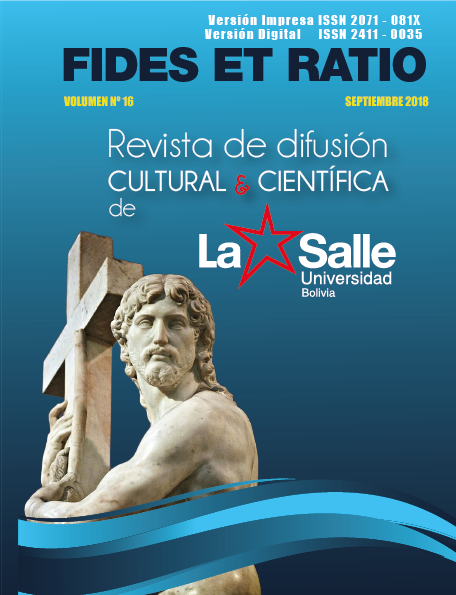Labor inventions in Cuban Universities. Case study University of Matanzas
- Authors
-
-
Isnel Martínez Montenegro
, Universidad Católica de Temuco, ChileAuthor -
Mónica Alejandra Baeza Leiva
, Universidad Católica de Temuco, ChileAuthor -
Gabriel Alejandro Carrillo Rozas
, Universidad Santo Tomás, Temuco, ChileAuthor
-
- Keywords:
- Labor inventions, patents, innovation system
- Abstract
-
In relation to the debated topic, regarding the possibility that the University commercializes the results obtained from its research or, to the detriment of this, that private companies become owners of inventions that have been obtained with public financing However, despite the different opinions, a large part of the doctrine and R & D policies followed by the world’s leading universities show that the solution of transferring the results of research is not only possible, but also desirable. . In the university space among the issues that deserve more attention are those related to formal ownership (that is, if the right to the title of intellectual property has to correspond to the inventor or creator, or on the contrary, it must be attributed to the University in which one develops its investigation) and on the other hand the ownership from a substantial point of view (that is, to determine if they are to be distributed and how the benefits obtained by the exploitation of the technological innovation generated by the research). In this way, more and more studies are needed that address the legal regime of inventions obtained in the framework of an employment or service contract, because, apparently, the figure of the solitary inventor who in his laboratory ingeniously obtains an invention it tends to disappear.
- Downloads
-
Download data is not yet available.
- Author Biographies
- Downloads
- Published
- 2024-08-12
- Section
- Artículos
- License
-
Copyright (c) 2018 FIDES ET RATIO

This work is licensed under a Creative Commons Attribution-NonCommercial-NoDerivatives 4.0 International License.
How to Cite
Most read articles by the same author(s)
- Ariadna Oquendo Perdomo, Isnel Martínez Montenegro, Oscar Piñera Hernández, University entrepreneurship. Legal foundations for the creation of organizational forms of technological development in Cuba , FIDES ET RATIO: Vol. 22 No. 22 (2021): Fides Et Ratio










